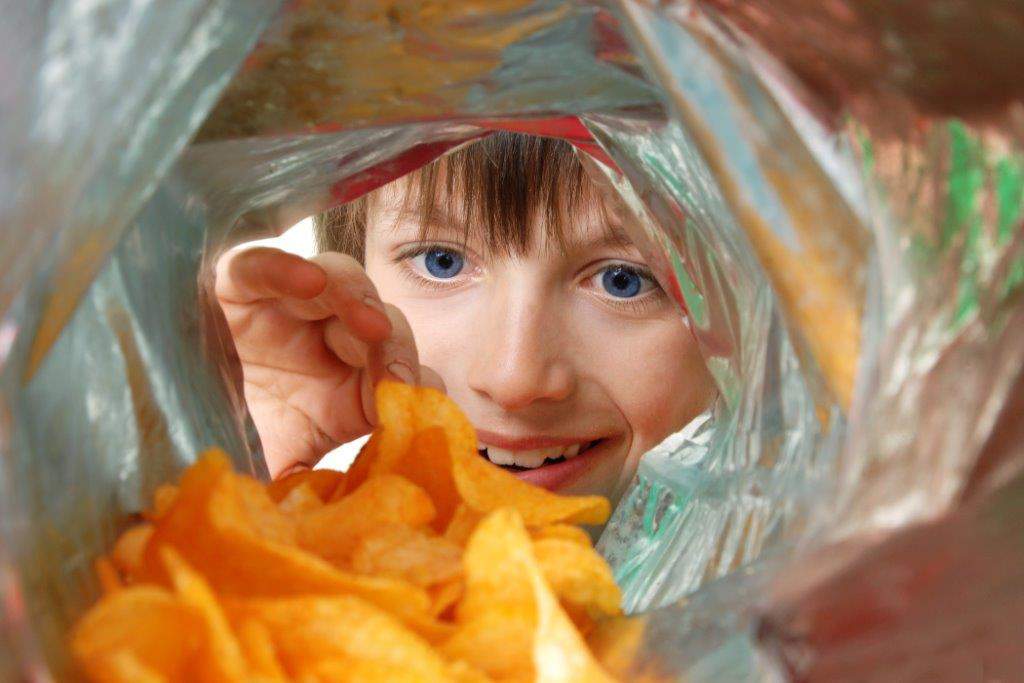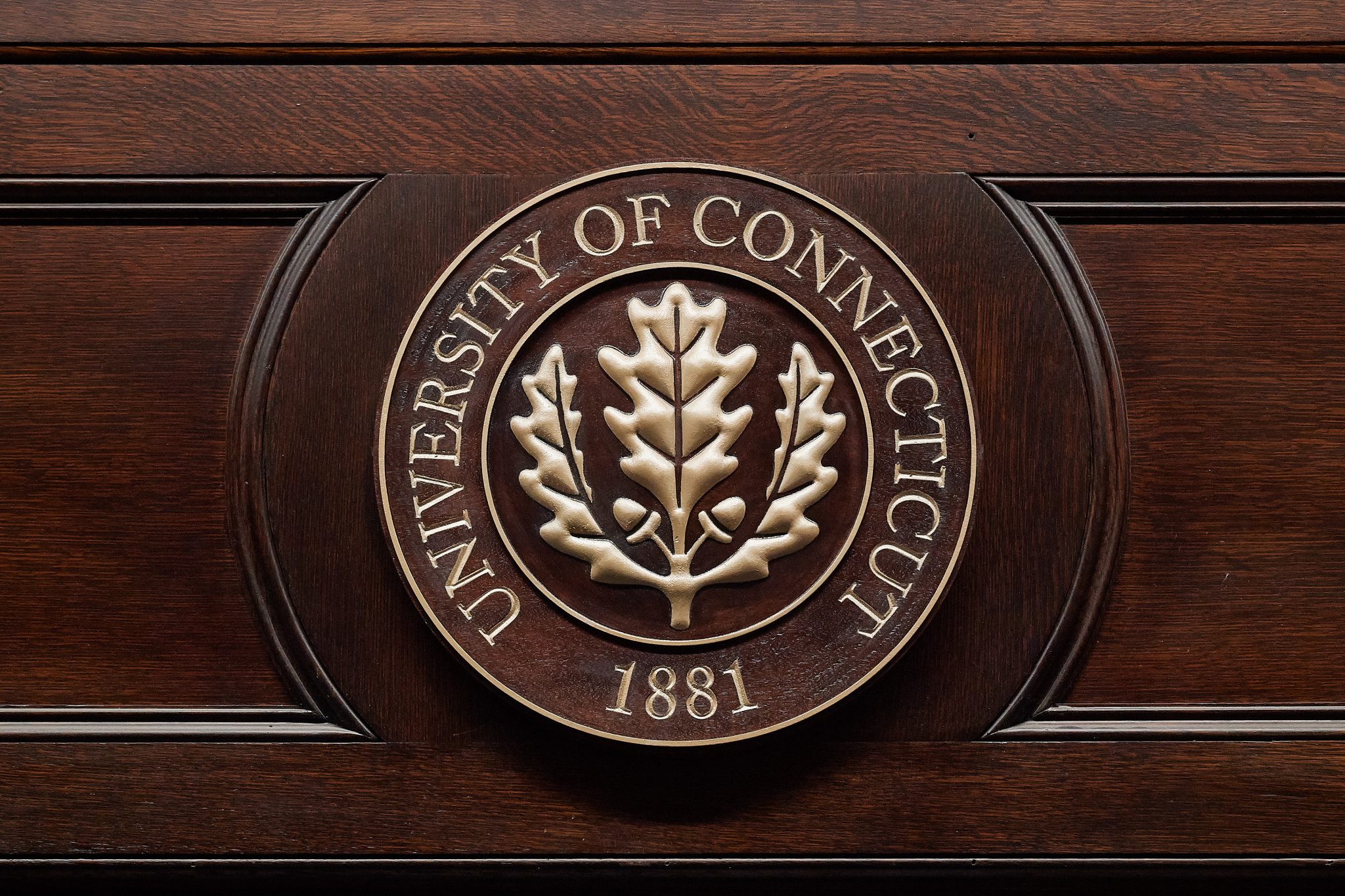Unhealthy snack food brands such as Cheetos, Fruit-by-the-Foot and Froot Loops have reformulated their products to meet new USDA Smart Snacks nutrition standards so they can be sold to kids in schools. But these products often come in packages that look similar to the unhealthy versions of the brands that are still sold in stores and advertised widely to youth
 Selling these look-alike Smart Snacks in schools confuses students and parents, provides companies a way to market their brands to kids in schools, and may hurt schools’ credibility, according to a new study by the Rudd Center for Food Policy and Obesity at the University of Connecticut.
Selling these look-alike Smart Snacks in schools confuses students and parents, provides companies a way to market their brands to kids in schools, and may hurt schools’ credibility, according to a new study by the Rudd Center for Food Policy and Obesity at the University of Connecticut.
“Kids think the healthier Smart Snacks they can buy in school are the same products that are sold in stores,” says Jennifer Harris, lead author of the study and director of marketing initiatives for the UConn Rudd Center. “It’s confusing because the packaging for these look-alike Smart Snacks looks so much like the less nutritious versions that kids see advertised on TV and in the stores.
“This is a great marketing tool,” she adds. “The snack makers get to sell their products in schools and at the same time market their unhealthy brands to kids every school day.”
Kids think the healthier Smart Snacks they can buy in school are the same products that are sold in stores. — Jennifer Harris
The study, published today in the journal Childhood Obesity, is the first to examine how selling look-alike Smart Snacks in schools affects attitudes about the brands and perceptions of schools selling these products.
The study involved an online experiment with 659 students 13 to 17 years old, and 859 parents of children 10 to 13 years old. The participants viewed information about a hypothetical school that sold either look-alike Smart Snacks, regular versions of the same brands sold in stores, Smart Snacks in redesigned packages, or only brands whose regular products met Smart Snacks standards.
Specific findings of the study include:
- Students and parents rated the healthier look-alike Smart Snacks similarly in taste, healthfulness, and purchase intent as the store versions, while considering Smart Snacks in different packages to be healthier but less tasty.
- Most participants inaccurately believed they had seen look-alike Smart Snacks for sale in stores.
- Participants also rated schools offering the look-alike Smart Snacks and the store versions of the brands as less concerned about students’ health and well-being.
“The practice of selling look-alike Smart Snacks in schools likely benefits the brands,” says Harris, “but may not improve children’s overall diet, and undermines schools’ ability to teach and model good nutrition.”
The research was funded by a grant from the Michael & Susan Dell Foundation.



